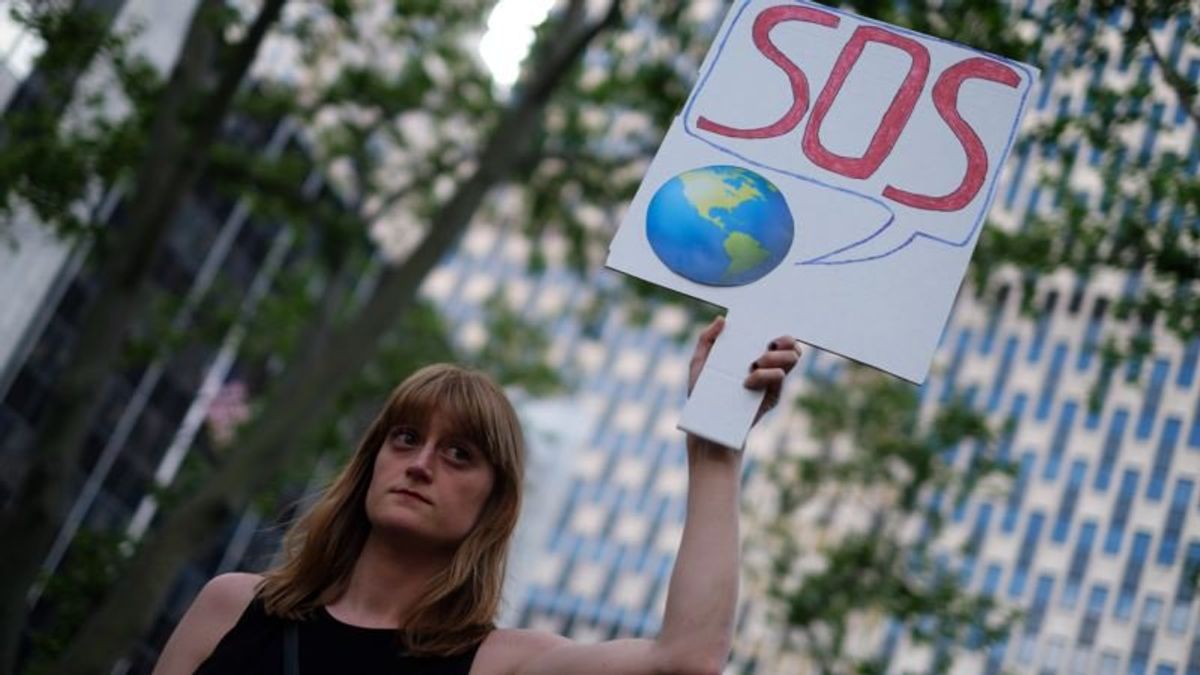
Americans ‘Alarmed’ by Climate Change Double in Just 5 years
Americans ‘Alarmed' by Climate Change Double in Just 5 years

NEW YORK —
The proportion of Americans found to be "alarmed" by climate change has doubled in just five years, the pollsters behind a nationwide survey revealed on Tuesday.
Twenty-nine percent of respondents to the poll conducted last December by Yale and George Mason universities were in the alarmed category — an all-time high — and twice the percentage of those surveyed in 2013.
More than 1,100 adults across the United States were asked about their beliefs, attitudes and behaviors toward climate change.
The answers were then used to classify respondents into six groups, from dismissive, or least worried about climate change, to alarmed, for those most worried.
Those deemed dismissive of global warming represented 9 percent of respondents, a drop of five points compared to 2013.
'Green New Deal'
The findings come amid a growing polarization of the political debate over the issue of global warming in the United States.
The decision by U.S. President Donald Trump to pull out of the Paris climate deal has fired up his base, while opponents have championed a "Green New Deal" that seeks to eliminate the nation's heat-trapping greenhouse gas emissions within a decade.
The 2015 Paris accord, agreed by nearly 200 nations, seeks to wean the global economy off fossil fuels in the second half of this century, limiting the rise in average temperatures to "well below" 2 degrees Celsius (3.6 Fahrenheit) above pre-industrial times.
The increased visibility of global warming such debates generate could explain Americans' rising concern, said Kenneth Sherrill, a political science professor emeritus at Hunter College in New York City.
"The more information you get there more interested that you are," he said.
Academic research has further shown that growing exposure to bouts of extreme weather may also change minds, he added. "And it results in higher concern."
Climate change influences economy
Climate change will cost the U.S. economy hundreds of billions of dollars by the end of the century, hitting everything from health to infrastructure, according to a 2018 government report, the Fourth National Climate Assessment Volume II.
Meanwhile, three of the five costliest hurricanes in the United States — Harvey, Maria and Irma — occurred in 2017, according to the National Oceanic and Atmospheric Administration, part of the U.S. Commerce Department.
 Republican Leader Says US Senate Will Vote on Green New DealNext PostUS Senate Proposal Would Block Saudi Path to Atomic Weapon in Nuclear Deal
Republican Leader Says US Senate Will Vote on Green New DealNext PostUS Senate Proposal Would Block Saudi Path to Atomic Weapon in Nuclear Deal







